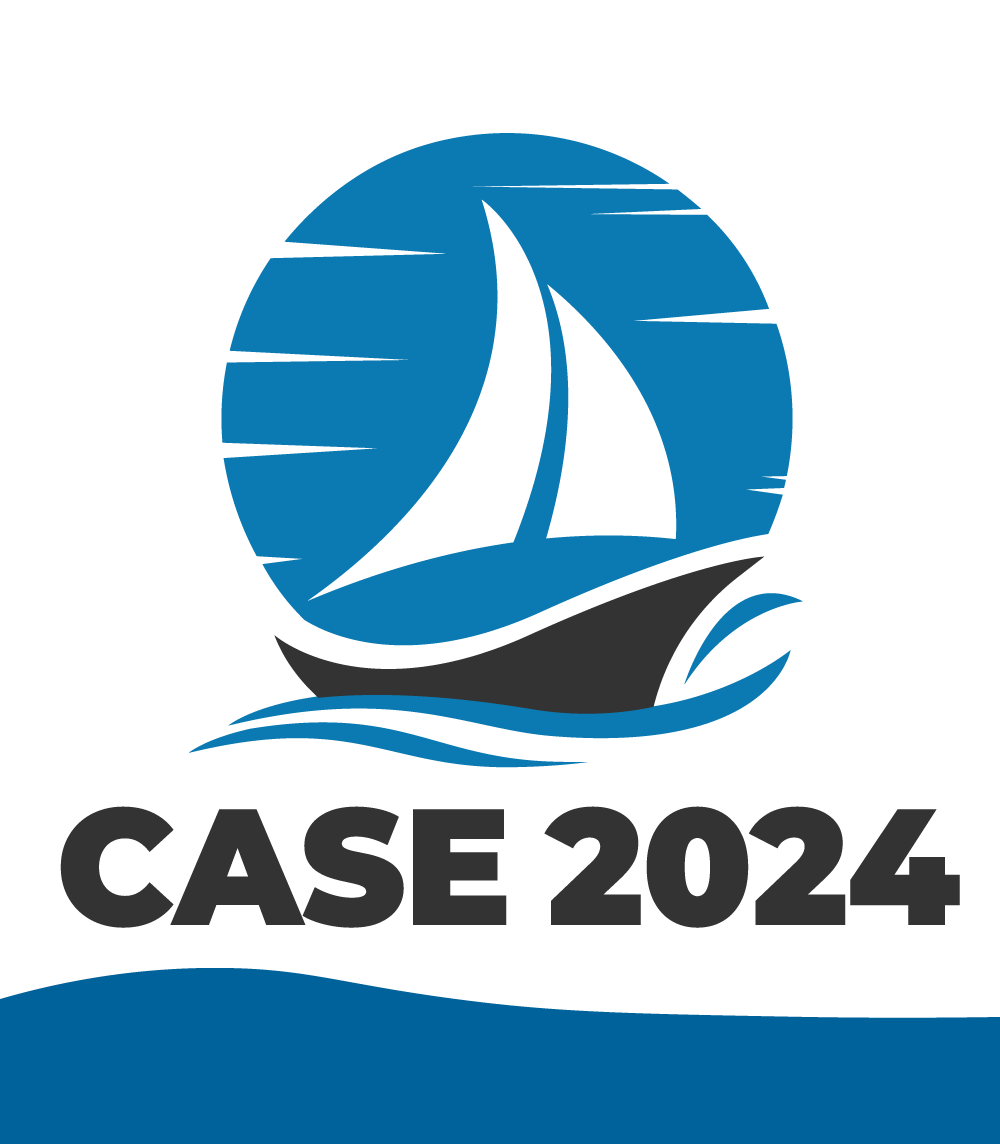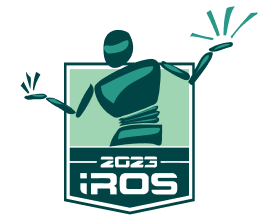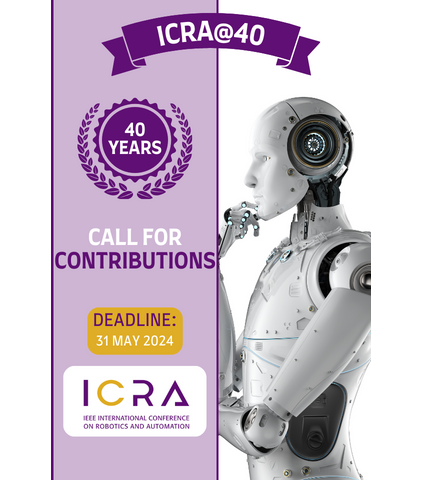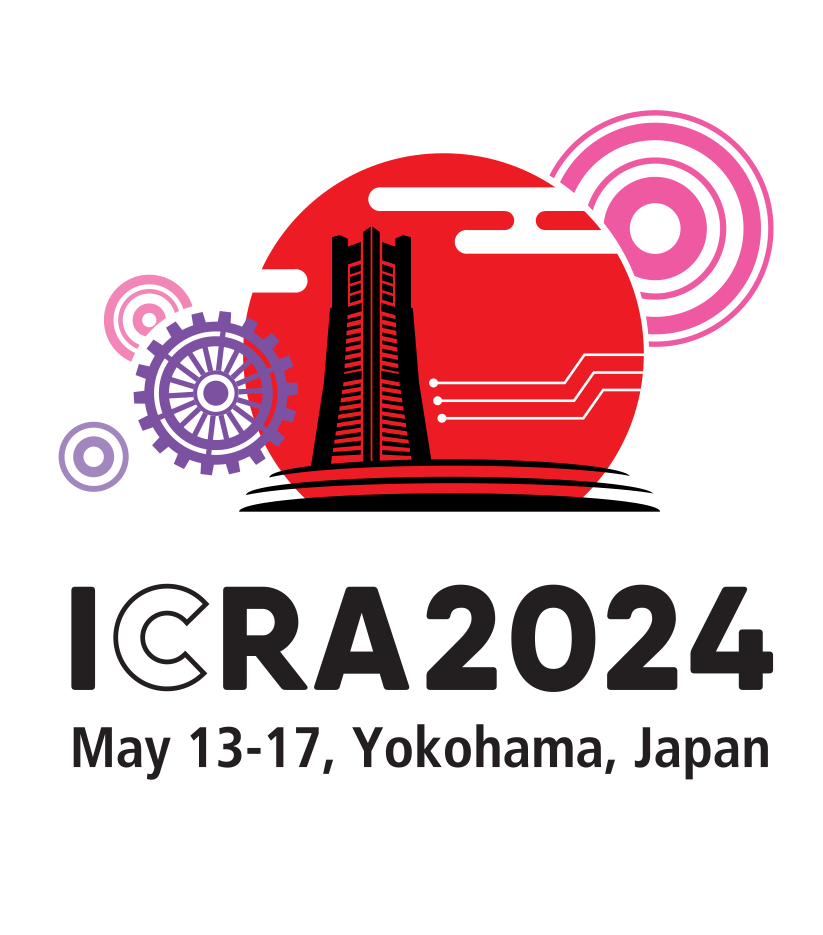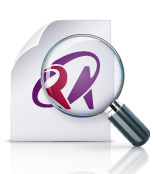Do Good Robotics Symposium (DGRS)

The inaugural 2019 Do Good Robotics Symposium (DGRS) will be held at the University of Maryland, College Park, the nation’s first Do Good Campus. UMD’s Do Good Campus works to equip and empower all students to apply their passions and ideas to make a positive impact in their communities and across the world. DGRS aims to bring together researchers, practitioners, and groups engaged in multidisciplinary and cross-cutting research and deployment of technologies for the benefit of the society and the planet.
Organized by the Maryland Robotics Center within the Institute for Systems Research, in collaboration with the Do Good Institute in the School of Public Policy at UMD, the Symposium will provide a platform for exchanging and understanding the state of the art, and for sharing new ideas in the fields of robotics, automation, and AI across industry, academia, government, and non-profit domains for societal benefit.
In the current era dominated by 24/7 news cycles and often questionable veracity of disseminated information coupled with skepticism of robotics and AI in the minds of the public, the Symposium will also consider controversial topics via presentations and panel discussions involving experts and audience members. Some of the topics within the purview of the Symposium range from ethical design and deployment of technologies to autonomous systems to applications of self-driving cars/trucks, aerial vehicles, and their implications on the existing workforce.
Website: https://dgrs.umd.edu/
2019 (Website)
Topic areas include, but are not limited to:
- Robotics/AI research, development and applications in the following domains:
- Manufacturing including logistics and human-robot interaction systems
- Service and domestic
- Collaborative and cooperative robot systems
- Human-centered design and resulting interactions and relationships
- Intelligent transportation systems and assisted-driving
- Hazardous environments (e.g. nuclear site monitoring and hazardous waste cleanup)
- Healthcare including rehabilitation, patient care, medical, surgical devices and systems
- Disaster preparedness, response, and recovery efforts (including search, rescue,firefighting, casualty assessment, and victim revival and extraction during floods, landslides, and earthquakes)
- Agriculture and aquaculture
- Demining
- The role of academia and industry in shaping the design and use of robotics and AI systems
- Government regulations and technology-policy considerations
- Ethical design of robots and autonomous systems
- The role of NGOs/NPOs and funding agencies in deployment and sustainability
- Socio-economic, cultural, political, and environmental factors in developing and developed economies
- Privacy, safety, and security issues
- Education, reskilling, and training of next-generation workforce
A good mix of practitioners, faculty, graduate students involved in robotics and AI for societal good and technology policy, governance and regulation of emerging technologies from industry, academia, government, think tanks, and non-profit domains are expected to attend.
Technically co-sponsored by IEEE RAS



